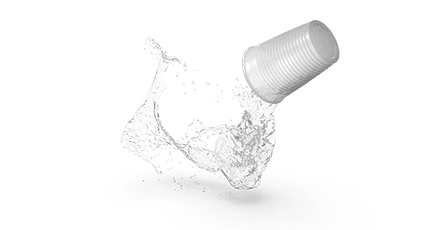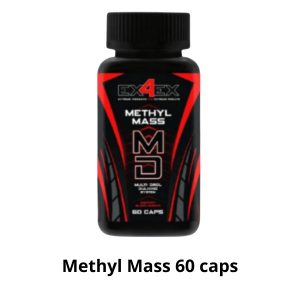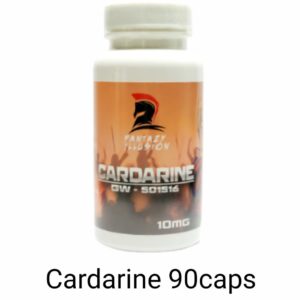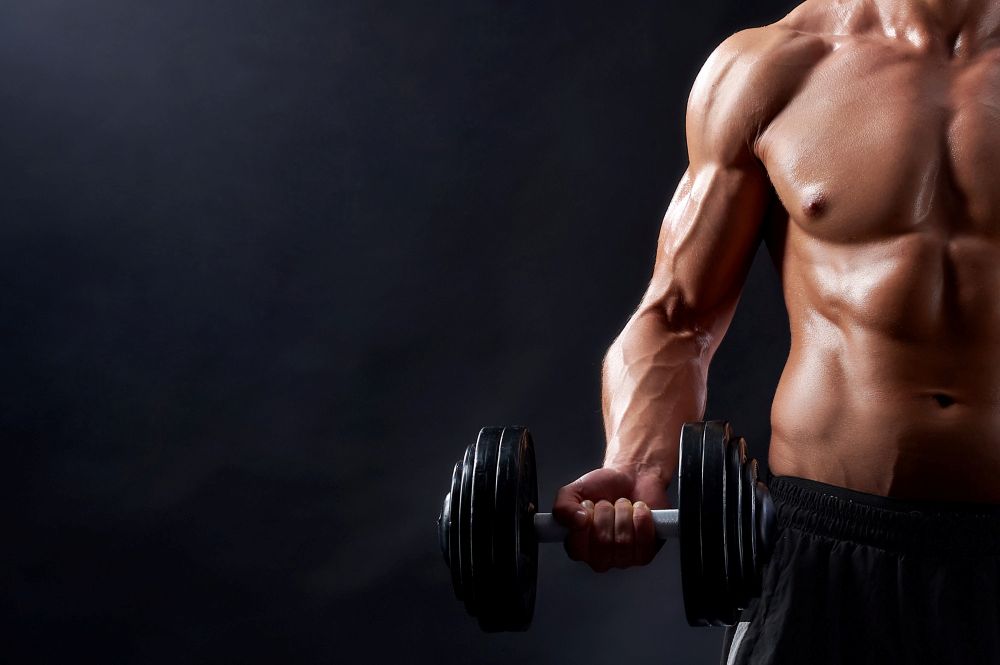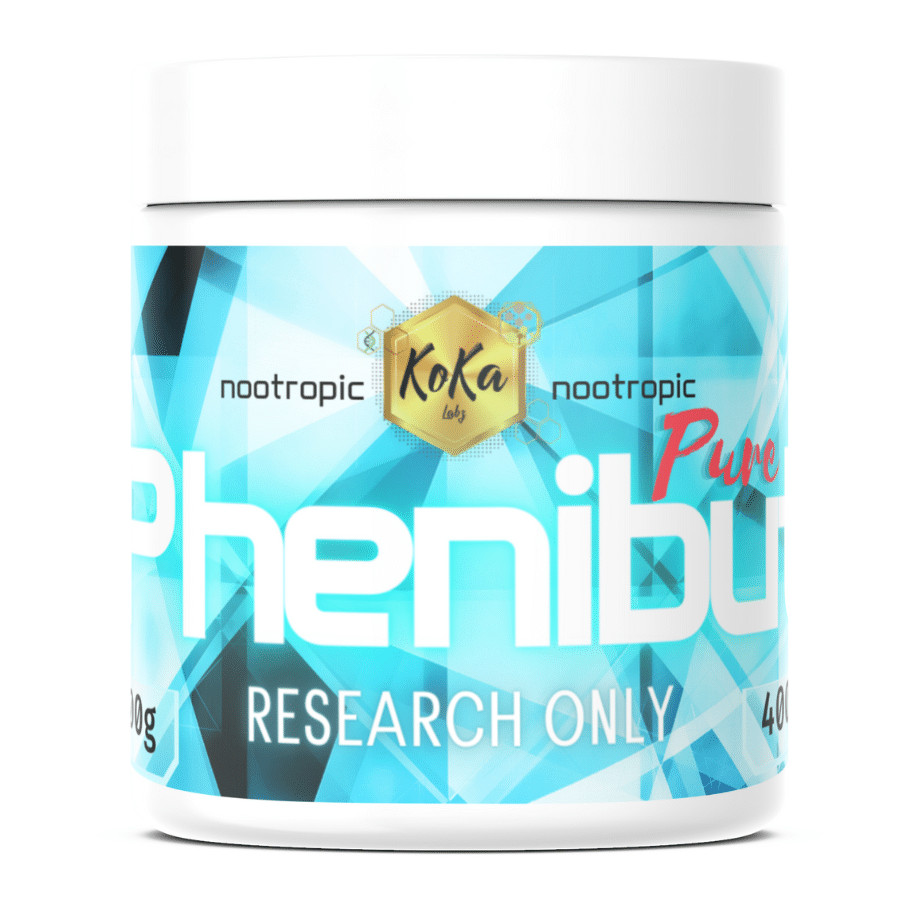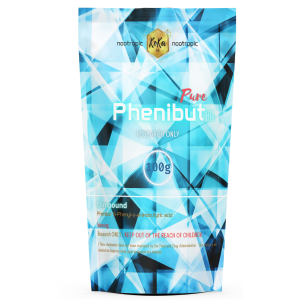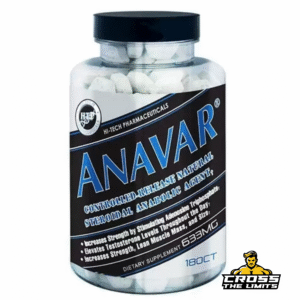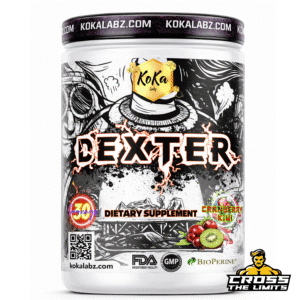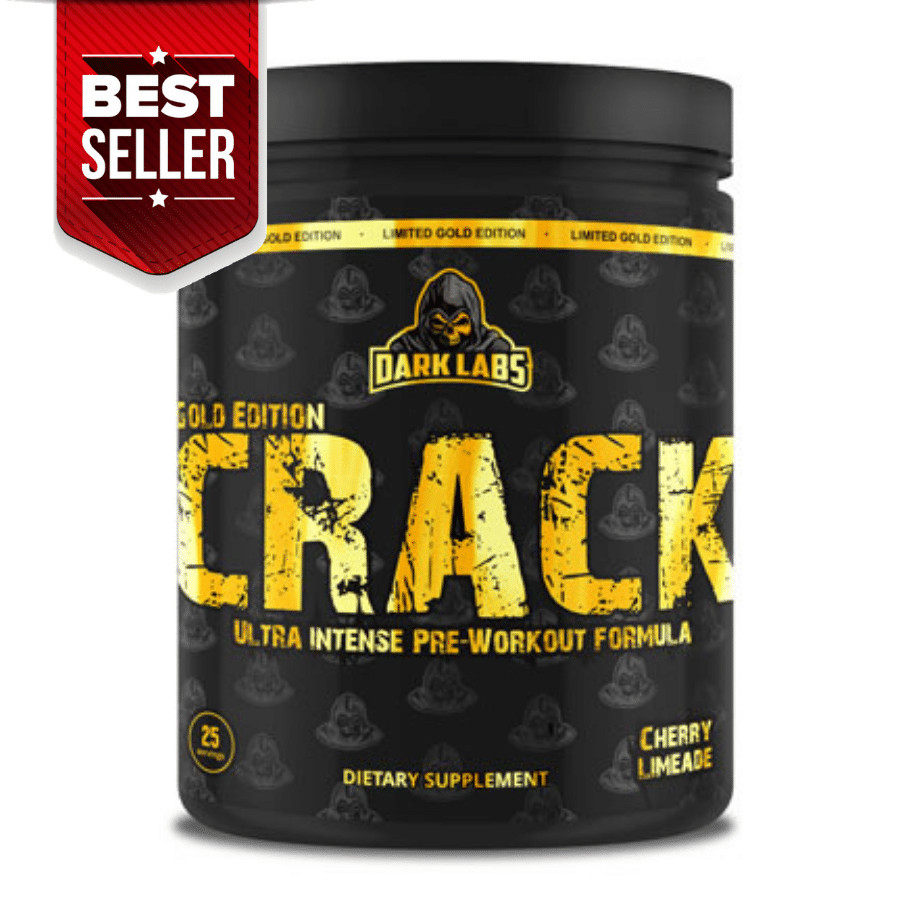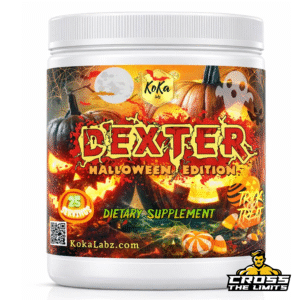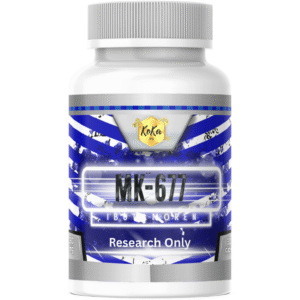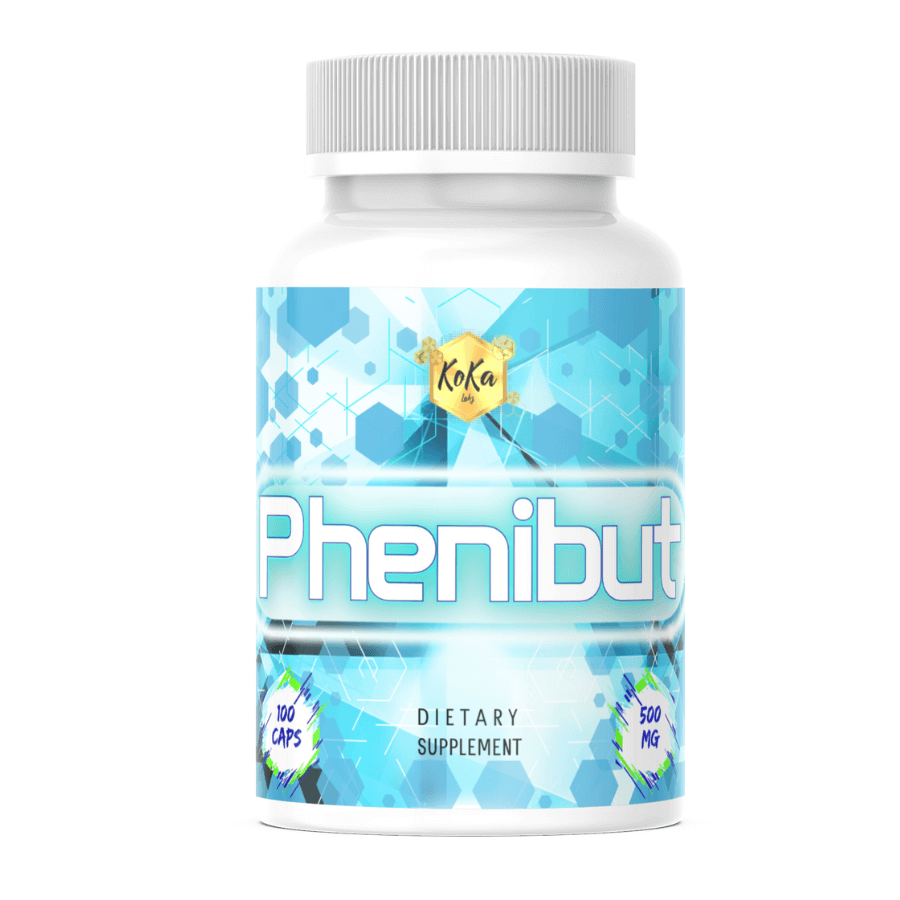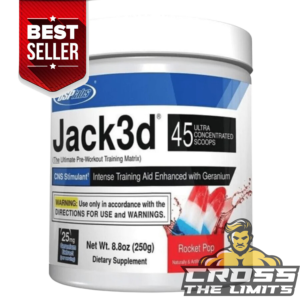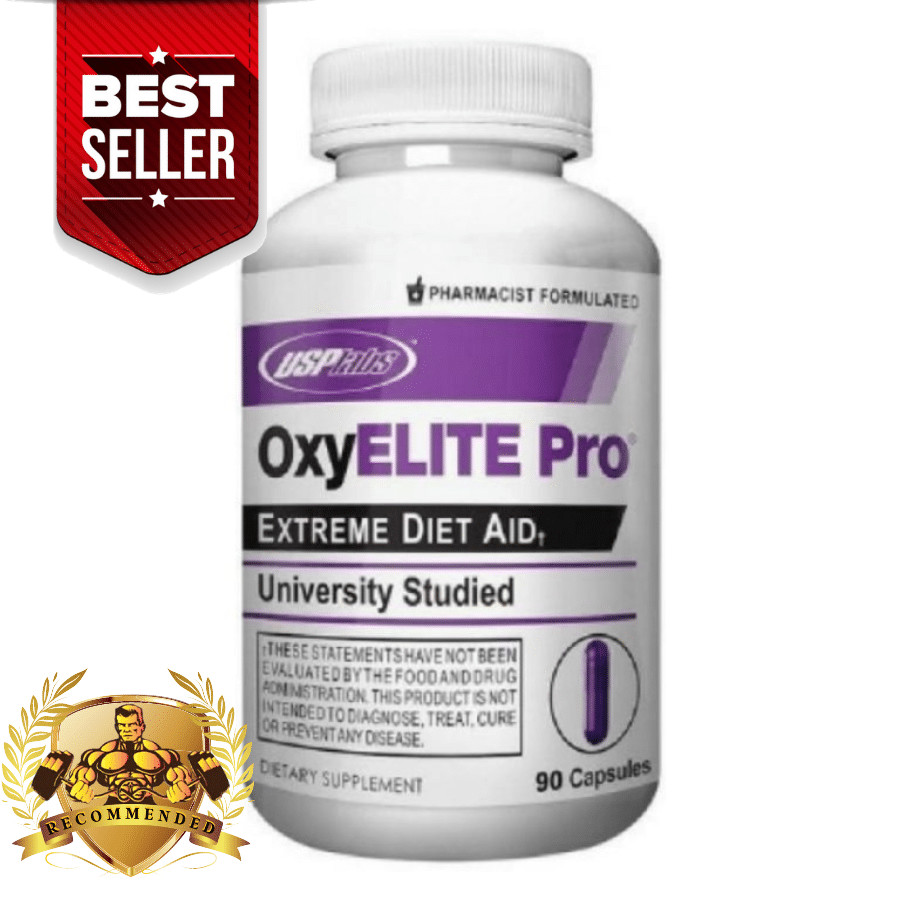Proper body hydration is a fundamental issue for every athlete. All experts in sports nutrition stress that this is extremely important. However, most people may assume that it is only about making up for the lack of electrolytes and other compounds washed away by sweat. In reality, hydration may even be decisive for the effects of training! So it is worth taking a closer look at this issue.
How much water does an athlete really need?
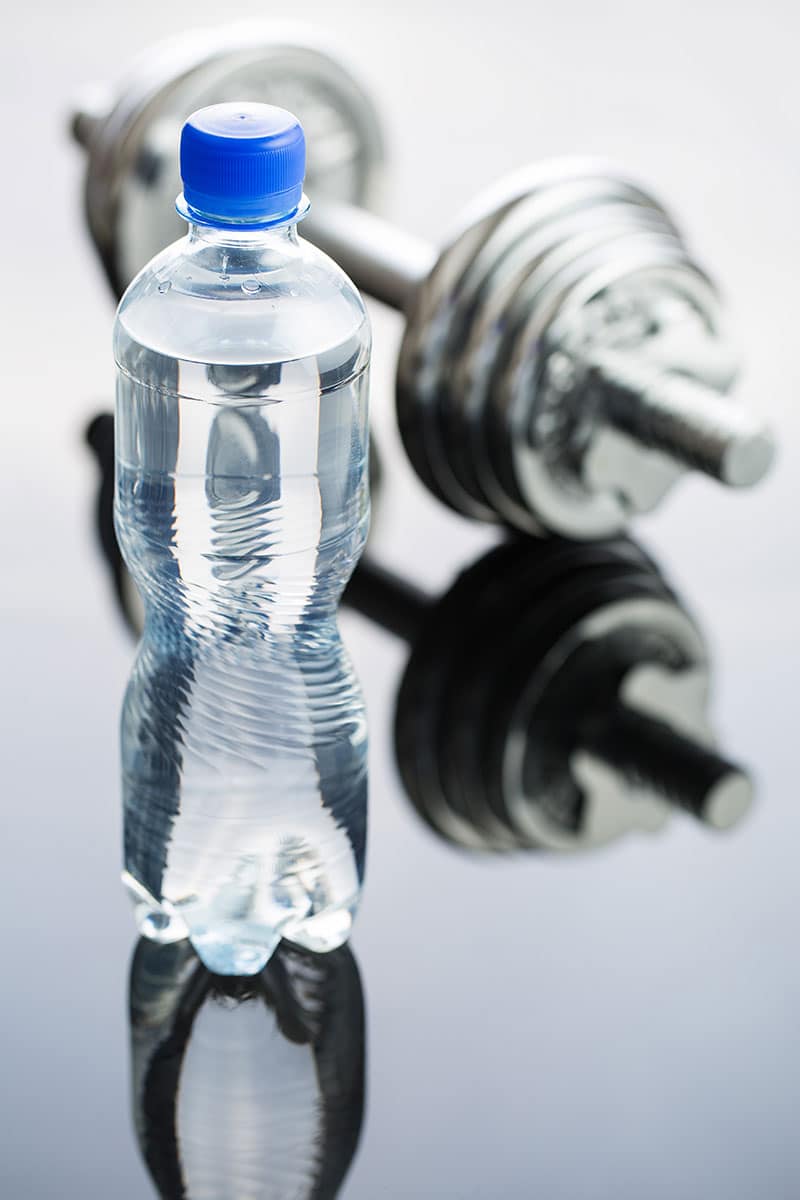
The correlation between these factors seems quite obvious. Taller people tend to have higher body weight and therefore need more water. The influence of air temperature should also not be forgotten. High temperatures cause the body to secrete much more sweat, leading to an increased need for water. If physical activity is added to this, the demand increases exponentially.
So it’s time to answer the key question – how much water does an athlete need? Current recommendations by nutrition institutes assume that a person should consume 30 milliliters of water per kilogram of body weight per day. If a person weighs 100 kilograms, this would be 3000 milliliters of water or exactly 3 liters. However, such a calculation was made with statistical citizens in mind. Athletes and strength trainers need considerably more water to make up for the shortfall caused by increased sweating during training.
Unfortunately, it is difficult to indicate an unambiguous amount of fluids that will compensate for the mentioned deficiencies. Therefore, athletes should first take care to drink the recommended amount of water (30 ml/kg body weight) and then consider the surplus resulting from training. Here, the following should be taken into account: the intensity of exercise, duration of the training, and body weight. Heavier athletes and those who train at a higher intensity will need more water.
The anabolic effect of hydration – research and surprising results
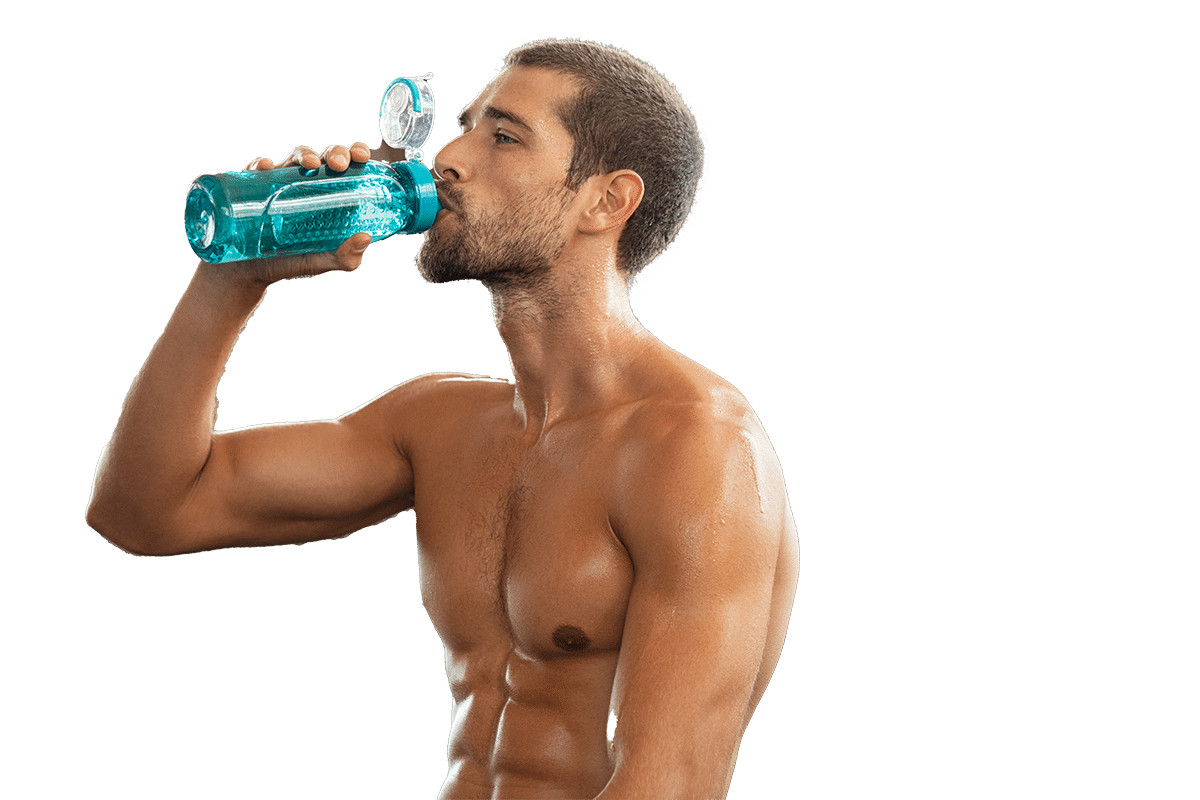 It is already known that it is impossible to make uniform recommendations on the amount of water consumed. That is why scientists decided to look into body hydration and its influence on various activities. Of course, it was assumed from the beginning that fluid levels would be significant for athletes. However, the results of the study exceeded all expectations.
It is already known that it is impossible to make uniform recommendations on the amount of water consumed. That is why scientists decided to look into body hydration and its influence on various activities. Of course, it was assumed from the beginning that fluid levels would be significant for athletes. However, the results of the study exceeded all expectations.
In 2008, a study examining the influence of body hydration on training effects was published. The researchers divided the subjects into three groups and then asked them to perform an identical exercise set. The difference, however, was that the subjects in each group had different levels of hydration. For the first group, care was taken to ensure that participants’ hydration levels were high enough. In the other groups, on the other hand, participants were either slightly or visibly dehydrated. After the exercise, the researchers began to analyze the subjects’ results to compare their training effects. Particular attention was paid to the phenomenon of so-called hypohydration, i.e., reducing the total water level in the body. What conclusions did they reach?
The main thesis was that hypohydration leads to an increase in the catabolic hormonal response to exercise. As we know, catabolism (the breakdown of muscle tissue) is a highly unfavorable process for athletes. Athletes rather aim to intensify the opposite process, i.e., anabolism (muscle tissue formation). This, in turn, means that drinking too little water can negatively impact bodybuilding. However, that is not all…
Researchers have also concluded that dehydration inhibits testosterone secretion during exercise. There is no need to elaborate on the negative effects of such a relationship. The last important finding was that too little hydration altered carbohydrate and lipid metabolism.
How to ensure good hydration of the body?
The above study perfectly illustrates the anabolic effect of hydration on training effects. Of course, such a relationship works both ways as the researchers also confirmed the catabolic effect of dehydration. The conclusion is, therefore, simple. Every person performing strength or endurance exercise must take care of an adequately high supply of fluids. Otherwise, the effects of training will be definitely worse.
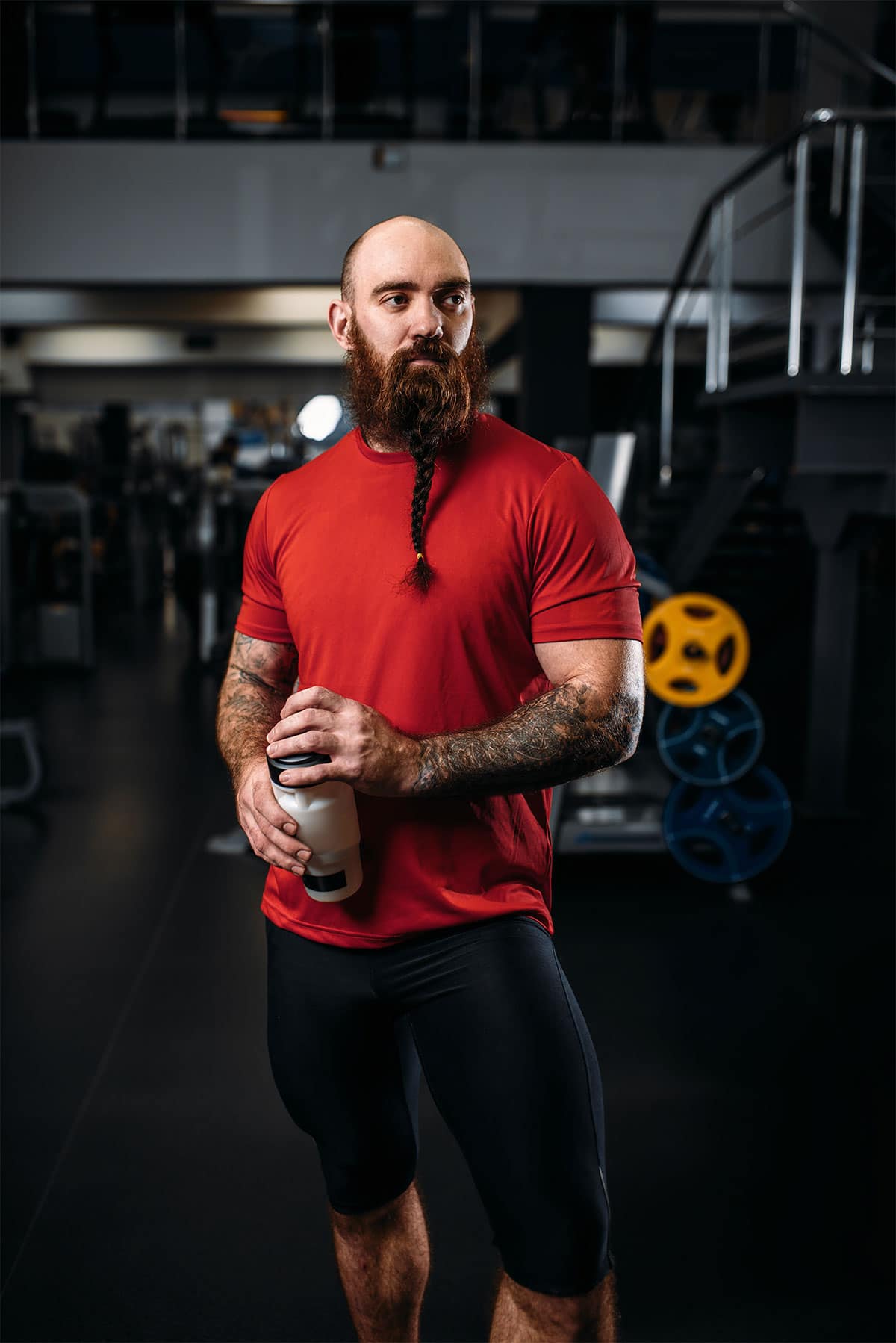
You should also pay attention to electrolytes. When you sweat, you lose not only water but also nutrients and minerals. Their replenishment is therefore equally important. Highly mineralized water and dietary supplements can help here.
Summary
The level of body hydration has a direct influence on the effects of strength and endurance training. Too low a fluid supply may lead to the intensification of catabolic reactions and limitations in hormone secretion. Therefore, athletes and all active people must take care to consume the required amount of water regularly. Of course, the need for fluids depends on several factors, and everyone should check how much water they actually need. In this way, many problems related to dehydration can be avoided.
